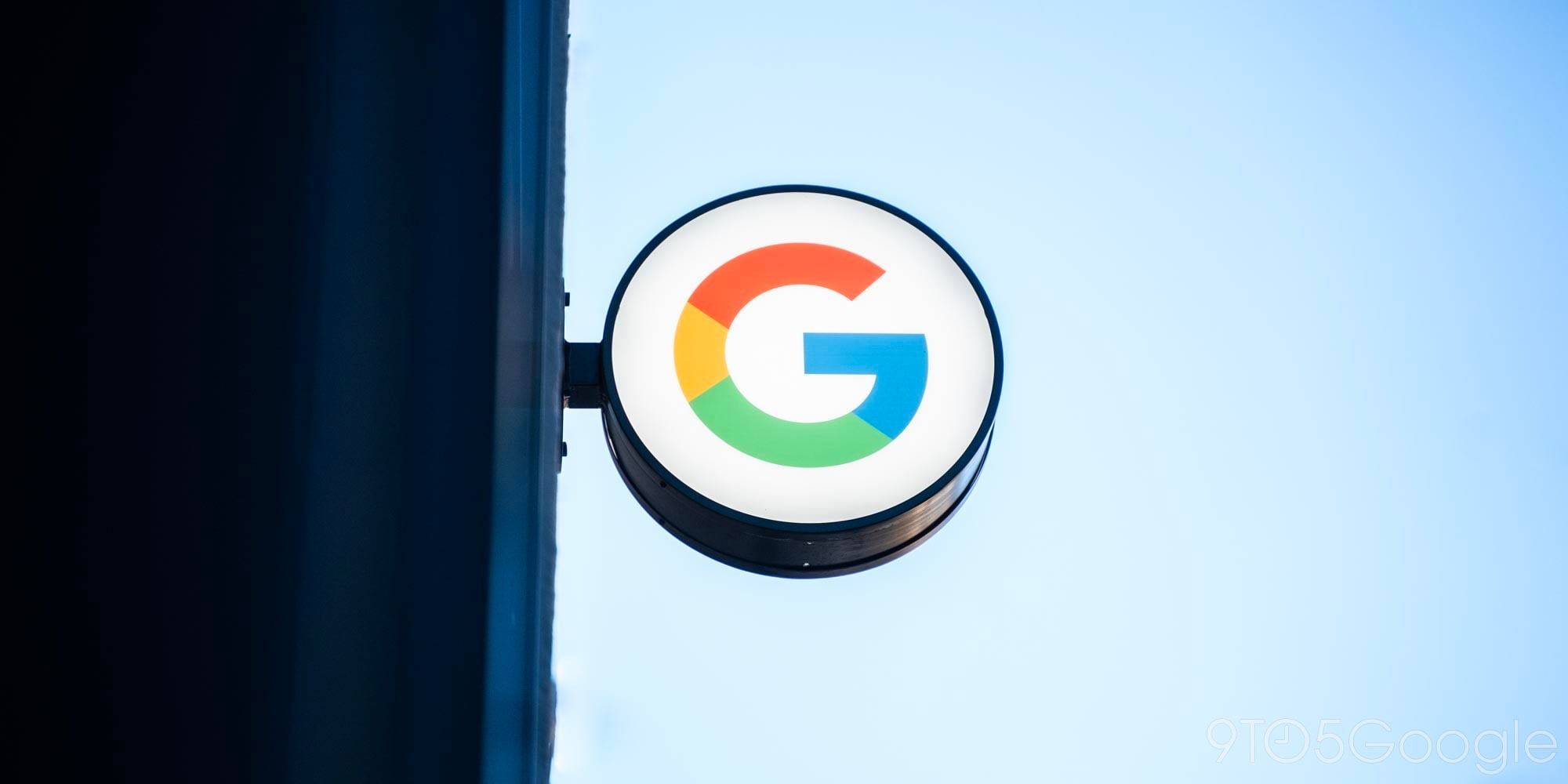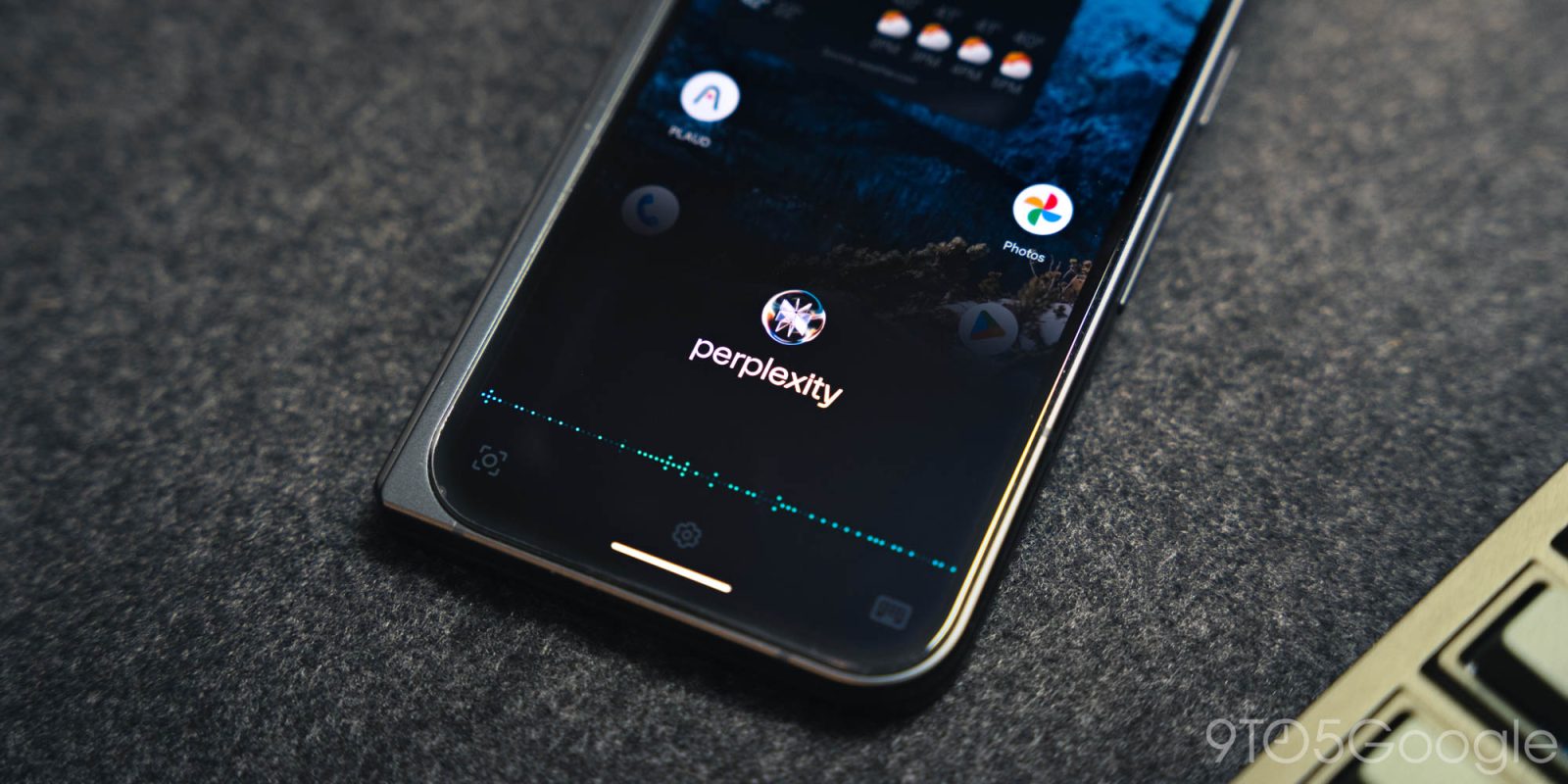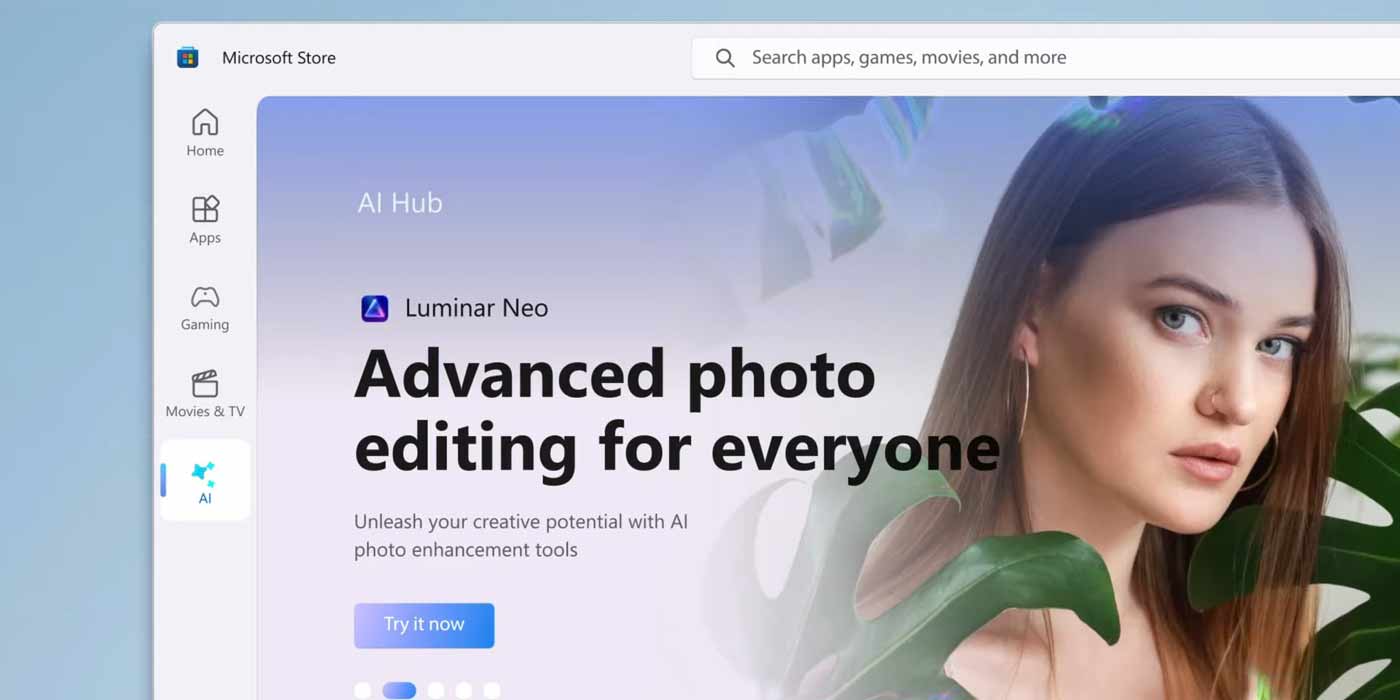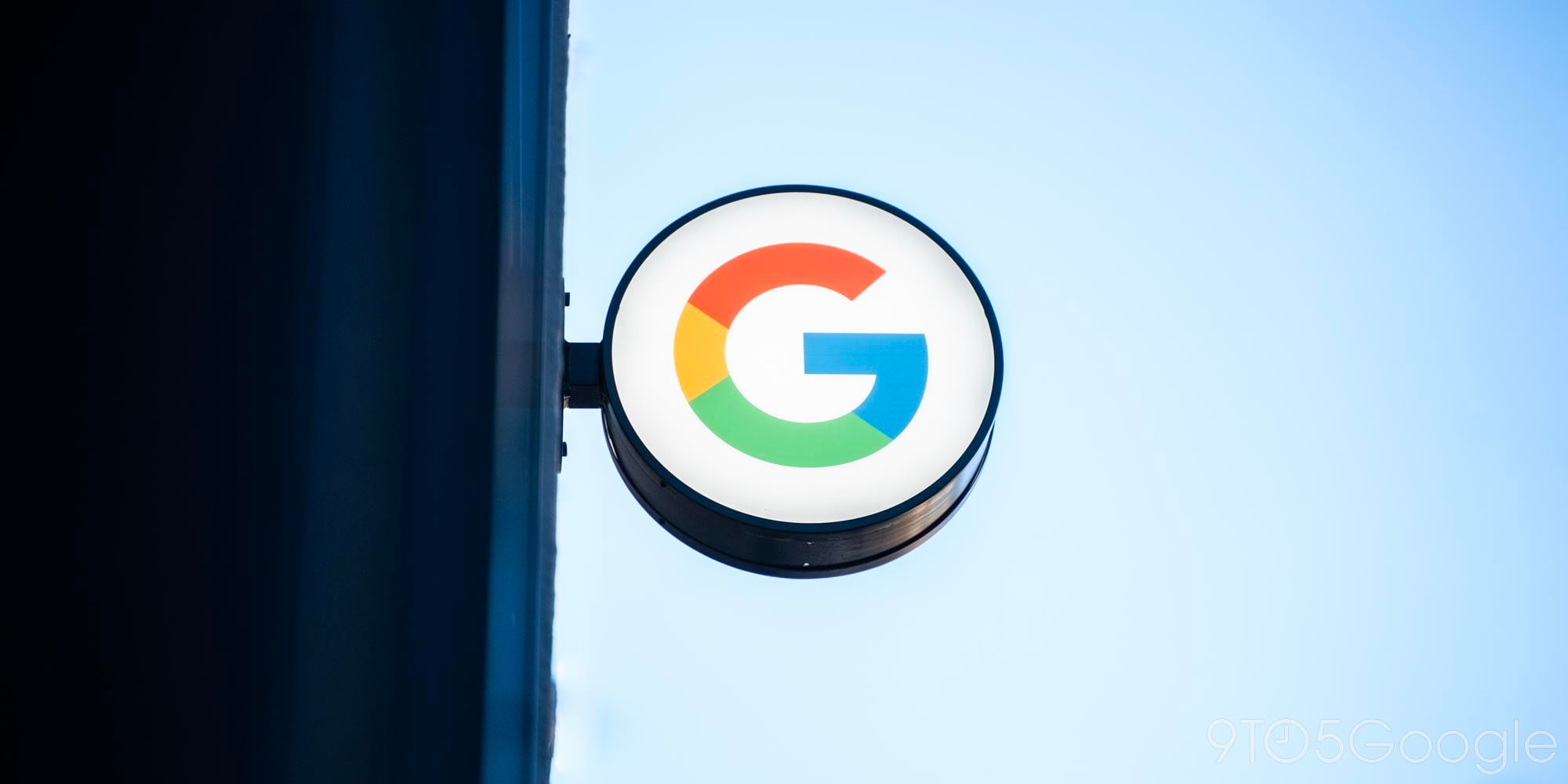AI


AI companies in California are getting a tighter leash with a new open-ended bill that aims to add some restraints to how the new business model category can operate in the state. The bill affects a large majority of AI development companies.
Expand Expanding Close
Microsoft is no stranger to AI in the public eye. The company’s Bing Chat is widely accepted as a success built off the work of ChatGPT. To widen out a bit, the Microsoft Store is also getting an AI solution that will bring categorized apps and AI-generated feedback for developers.
Expand Expanding Close
We previously reported that Google was having “issues” with its newly created AI ethics board as a result of controversy surrounding certain board members. In a Vox exclusive, Google has since confirmed that they have dissolved the AI ethics board having barely managed a full week.

Following a resounding Go victory in 2017, Alphabet’s DeepMind turned to conquering StarCraft II. The game is a “grand challenge” for how successful AI agents are at complex tasks, with DeepMind and Blizzard tomorrow live streaming a demonstration of the latest progress.

We haven’t done a Talking Schmidt in a while, not because the former Google CEO and current Alphabet Board member Dr. Eric Schmidt has been quiet with his sometimes outlandish commentary, but because of his reduced role at Google and its now parent company Alphabet. In February Schmidt stepped down as Chairman, taking an innovation role at MIT and was replaced by John Hennessy.
But back to the matter at hand…

With the 2018 World Economic Forum underway in Davos, Switzerland, Sundar Pichai took to the stage for a one-on-one interview. Artificial intelligence and its impact were unsurprisingly big areas of discussion, with the Google CEO offering ways to mitigate risks. Meanwhile, data and taxes were also brought up.

Google claims that the latest version of its AI-powered speech synthesis system, Tacotron 2, is almost indistinguishable from human speech – and has put some comparative examples online to demonstrate.
Tacotron 2 works directly from written text, and Google says it can use context to correctly pronounce identically-spelled words like ‘read’ (to read) and ‘read’ (has read), responds to punctuation and can learn to stress words …

We’re expecting a major revamp of the Snapchat app to land early next month, but it seems the company isn’t holding back everything until then. It’s been quietly rolling out a feature that recognises (some of) the content in your photos, and suggests relevant borders and filters …

It seems there’s not much AI can’t do these days. Whether it’s drive a car, improve music discovery, retouch photos or narrate the world to blind people. And now machine learning can even look through your Instagram feed to decide whether you are clinically depressed …

Reflecting a continued focus on machine learning, Google has announced a new venture fund specifically aimed at artificial intelligence. Gradient Ventures will focus on providing technical mentorship for early-stage startups focused in the burgeoning field.


Noting Canada’s artificial intelligence boom, Google announced yesterday that its internal deep learning division is opening another office in the country. The company is also investing $5 million into the new Vector Institute AI research facility.


It’s hard to think of a job more important that determining whether or not a patient has cancer. Yet the magnitude of the task facing pathologists is so vast that agreement between different clinicians studying the same slides can be as low as 48%.
There can be many slides per patient, each of which is 10+ gigapixels when digitized at 40X magnification. Imagine having to go through a thousand 10 megapixel (MP) photos, and having to be responsible for every pixel. Needless to say, this is a lot of data to cover, and often time is limited.
Which is why Google is working on automating the task with a Deep Learning AI project – with incredibly exciting results …


Google uses machine learning in a lot of unique ways, and the company is constantly branching that technology out into new apps and services. This week, Google has released another new service that runs on top of machine learning, ‘AI Duet.’


Samsung’s Galaxy S8 is just weeks from going official, and we already know quite a bit about the device. Several leaks and rumors have pinpointed that the “Bixby” virtual assistant will debut on the S8, presumably as a rival to Google Assistant. Obviously, Google might not be thrilled about that development, but Samsung says that the competition could take AI “to the next level.”


After making huge strides with AlphaGo and beginning work on replicating similar victories in StarCraft, Google DeepMind is setting up a new US division (via Bloomberg). Specifically, the first team outside of London will work on more consumer-facing products and on solving “real-world problems at Google-scale.”


If it wasn’t clear enough, AI, and more specifically the machine learning sub-branch, is a big deal — and not just for Google. It’s not much of a “next big thing” aimed at supplanting everything that has come before it from above, but rather a more silent revolution branching out from underneath.
And it’s being used everywhere…

Google‘s commitment to staying ahead of the game in the field of artificial intelligence is clear, and with the rise of machine learning in particular (whose usefulness has been proven time and time again in a number of applications) the race for talent-hiring is fierce. And today, the company has scored another significant point.
Following the important catch of ex-Snapchat head of research Jia Li last week, the search giant has today secured another spot in the ever-increasing AI-centered competition between tech companies. This time it comes from Twitter…


A couple of Google announcements today highlight the astonishing progress being made in artificial intelligence. A Google Research blog post explains how the company’s switch to neural learning for Google Translate means that the machine can translate between language pairs it has never explicitly learned, while a DeepMind project showed that AI can lip-read better than people.
The company said that Google Translate no longer has individual systems for each language pair, but instead uses a single system with tokens indicating input and output languages. The AI learns from millions of examples, and it was this that made the team wonder whether it could translate between two languages without specifically being taught how to do so …


The beautiful thing about artificial intelligence is that due to its relatively back-end nature its applications seem to be virtually endless.
Today is music’s lucky day, as sound is the latest area which has undergone Google‘s AI surgery in its recent wave of “experiments”…


We don’t need to further emphasize just how important AI and machine learning are for Google. Whether it be in its cloud services or inside of its Assistant-powered devices, like the Pixel phones and Home, we know that there is substantial room for improvement through technology, and the Mountain View firm is all for it.
Now, it seems, it’s low-res and blurry pictures’ turn…


The more Google reveals its cards for the future, the more it seems clear that cloud services and AI are going to be two of its absolute cornerstones in the years to come, so much so that the company is looking to unify its disparate teams under a new, singular division, not too dissimilarly from Osterloh’s hardware group put together earlier this year.
Google Cloud‘s chief Diane Greene announced as much today, providing further information on the firm’s roadmap regarding their advancements in cloud services and how AI integrates into that. In particular, it was stressed how machine learning techniques will allow them to provide smarter services over time — like translation, computer vision, and even hiring — to enterprise customers.


After acquiring Viv early last month, Samsung has now once again confirmed (via Reuters) that it will be integrating that technology into its own AI assistant on future Galaxy smartphones, presumably including the company’s forthcoming Galaxy S8…


After conquering the challenging game of Go earlier this year, Google’s DeepMind division is setting its sights on beating StarCraft II. DeepMind is partnering with developer Blizzard to release an open research environment that better allows AIs and machine learning systems to interact with the game.

 We’ve seen artificial intelligence playing a growing role in tech as of late, in a wide variety of events, projects and ideas. Just in the past few months, Google‘s DeepMind division took its AI-driven computer to an historic victory against Lee Sedol, the world champion of Chinese board game of Go.
We’ve seen artificial intelligence playing a growing role in tech as of late, in a wide variety of events, projects and ideas. Just in the past few months, Google‘s DeepMind division took its AI-driven computer to an historic victory against Lee Sedol, the world champion of Chinese board game of Go.
A new Guardian report shows where AI is headed next, in a joint venture between DeepMind and the British National Health Service…